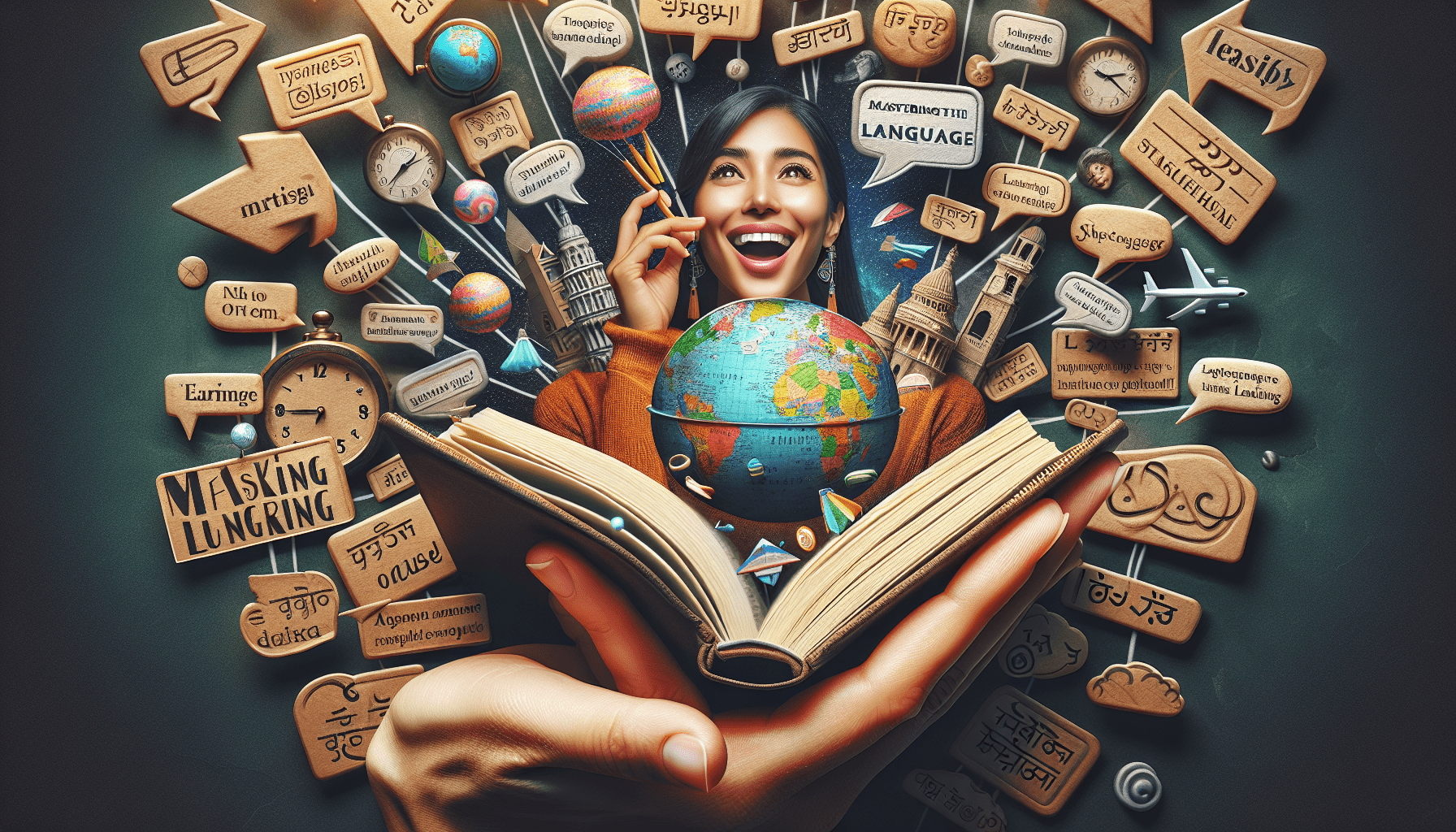
Understanding a few key terms can significantly aid your journey:
By breaking down techniques into digestible topics, you’ll find it easier to adopt these strategies in real-world scenarios.
Language apps like Duolingo or Rosetta Stone have revolutionized how people learn new languages. Duolingo, for example, uses game-like features to make learning fun and effective. According to a study published by The City University of New York, 34 hours of Duolingo are equivalent to a full semester of university-level language education. This method offers a comprehensive way to grasp basic phrases and essential grammar.
Another effective method is joining language exchange programs such as Tandem or HelloTalk. These platforms pair you with native speakers who want to learn your language, making for a mutually beneficial exchange. A study by the University of Oxford revealed that consistent interaction with native speakers accelerates language acquisition by 70%.
| Approach | Pros | Cons |
|---|---|---|
| Language Apps | Accessible, gamified learning | Requires consistent use |
| Phrasebooks | Easy to carry, contains essential phrases | Limited scope, may not be context-specific |
| Language Classes | Structured learning, professional guidance | Expensive, time-consuming |
| Language Exchange | Practical experience, cultural insight | Dependent on finding a reliable partner |
| Translators/Devices | Real-time communication, easy to use | Can be inaccurate, dependent on internet connection |
Analyzing these options provides a balanced view, allowing you to select a method best suited for your travel needs.

This image is property of images.pexels.com.
Utilizing these techniques has profound impacts on your travel experience:
While various methods exist, technology will continue to play a pivotal role. Artificial Intelligence (AI) and Machine Learning are set to make language translation more accurate and nuanced. Imagine an app that not only translates words but also context, tone, and cultural nuances. The future could see us wearing devices that offer real-time, seamless translation.
Breaking down language barriers impacts more than just individual travelers. It can enhance global tourism by making destinations more accessible. Businesses can expand their reach, contributing to the local economy. Improved cultural understanding fosters global unity and lessens cultural misunderstandings.
Mastering the language to overcome barriers while traveling is not just a handy skill—it’s a gateway to enriching your life in countless ways. From feeling more confident to experiencing local cultures deeply, you gain a treasure trove of experiences that you’ll cherish forever. What do you think will be the most useful technique for your next trip?

This image is property of images.pexels.com.
To summarize, tackling language barriers involves various approaches, from using language apps to engaging in language exchanges. Each method offers unique advantages and drawbacks, but integrating multiple strategies will equip you best. By leveraging these techniques, you’ll enjoy a more confident and richer travel experience.
What has been your most memorable experience where Knowing a few key phrases in the local language made a difference? Engage with this content and consider trying some techniques before your next journey. Who knows—you might end up sharing anecdotes that inspire others to break down their language barriers! Stay curious and never stop exploring the linguistic landscapes of the world.
Feel free to explore additional resources and further readings on this topic. Each step you take brings you closer to mastering the art of travel language mastery.

5 Simple Tips for Overcoming Language Barriers While Traveling